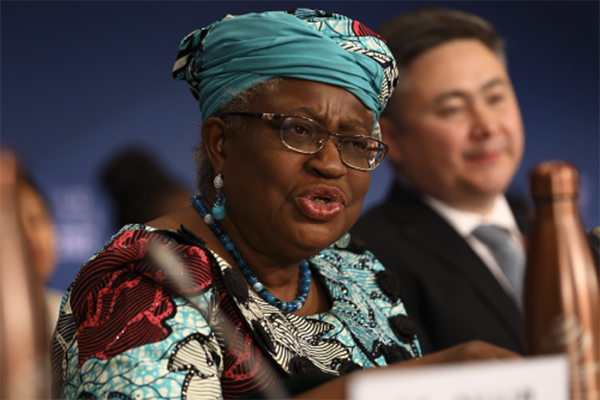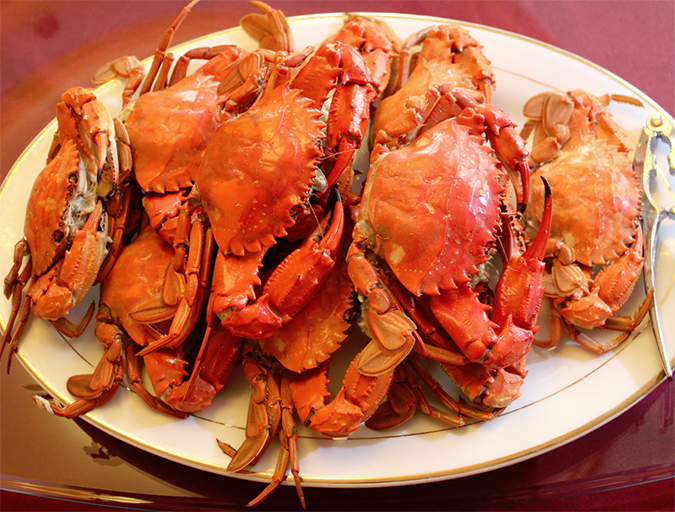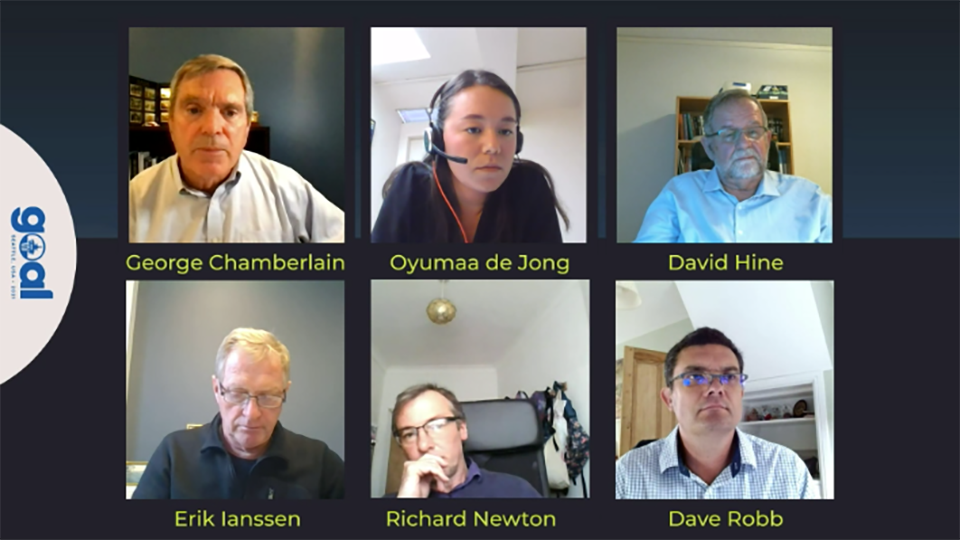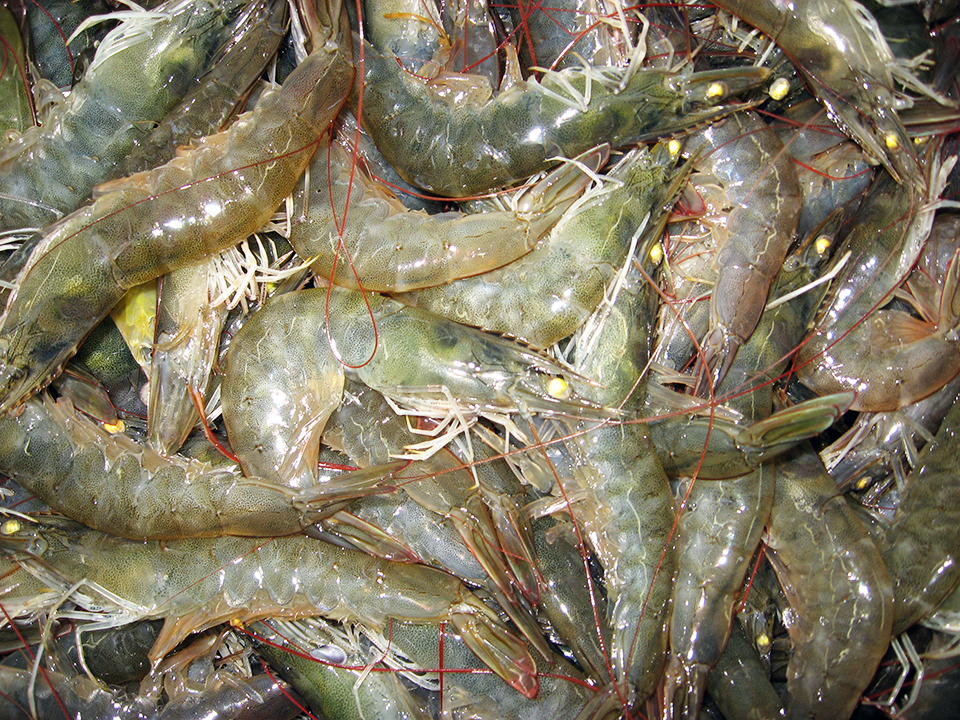Measure aims to end IUU (illegal, unreported and unregulated) fishing and sets new rules for subsidies targeting overexploited stocks

World Trade Organization members on Friday struck an agreement to reduce subsidies that contribute to overfishing, a decision that took 20 years of discussions.
Reached at the WTO’s 12th Ministerial Conference (MC12) in Geneva, Switzerland, the deal is only the second multilateral agreement on new global trade rules in the WTO’s 27-year history. It’s also being described as the first WTO deal centered on the environment.
The agreement states that none of the 164 WTO member nations shall grant any subsidy for fishing vessels or fishing vessel operators that engage in illegal, unreported and unregulated (IUU) fishing or those that target over-exploited fish stocks. Developing countries will be exempt for two years.
“On fisheries subsidies, WTO members have for the first time concluded an agreement with environmental sustainability at its heart. This is also about the livelihoods of the 260 million people who depend directly or indirectly on marine fisheries,” said WTO Director-General Ngozi Okonjo-Iweala.
WTO members will investigate activities off their coasts and will be required to notify the WTO of their fishing-subsidy schemes. A more comprehensive agreement could follow in 2023 for the next ministerial conference.
“This is a turning point in addressing one of the key drivers of global overfishing,” said Isabel Jarret, manager of The Pew Charitable Trusts’ campaign to curb harmful fisheries subsidies.
Not all environmental groups are hailing the agreement as a success. Oceana CEO Andrew Sharpless said, “Our oceans are the big loser today,” describing the agreement as “meager,” while questioning whether the WTO is losing its credibility. Others conceded that, even with concessions made to India, the agreement marked important progress.
“The fisheries agreement does not go as far as many members wanted (the UK included). But it does go some way to delivering what our oceans need and all those that are dependent on them,” commented UK International Trade Secretary Anne-Marie Trevelyan. “We made a firm commitment to continue negotiations so that we can support the recovery of global fish stocks.”
The agreement covered deals on food safety, COVID-19 vaccines and other WTO reforms and emergency responses.
Follow the Advocate on Twitter @GSA_Advocate
Now that you've reached the end of the article ...
… please consider supporting GSA’s mission to advance responsible seafood practices through education, advocacy and third-party assurances. The Advocate aims to document the evolution of responsible seafood practices and share the expansive knowledge of our vast network of contributors.
By becoming a Global Seafood Alliance member, you’re ensuring that all of the pre-competitive work we do through member benefits, resources and events can continue. Individual membership costs just $50 a year.
Not a GSA member? Join us.
Author
Tagged With
Related Posts

Intelligence
Doctors: Place a greater value on seafood consumption
Many important organizations around the world fail to acknowledge the importance of seafood to human health and well-being. There is a disconnect between what we know regarding the benefits of seafood and what is being done to acknowledge these benefits and increase seafood consumption in nutrition.

Responsibility
GOAL 2021: Climate change and the ‘dilemma’ of food systems
The latest virtual GOAL conference session dissected the role of seafood production systems and how they perform in a changing climate.

Intelligence
Europeans need a new shrimp narrative
Media coverage fuels negative perceptions of farmed shrimp among Europeans. A paper – similar to one on pangasius consumption four years ago – finds the sector is doing too little to rectify ill-founded notions.

Responsibility
We can meet our planet’s protein needs with aquaculture
Science tells us that domesticated livestock and fowl cannot begin to address our world’s near-term protein needs, and that farming fish is our best option. Getting more public support is critical to the success of aquaculture and our planet.



